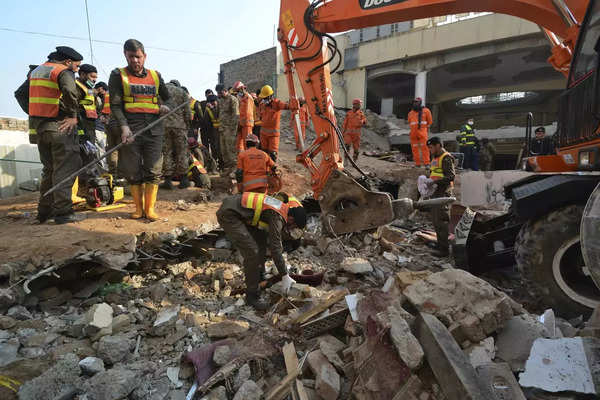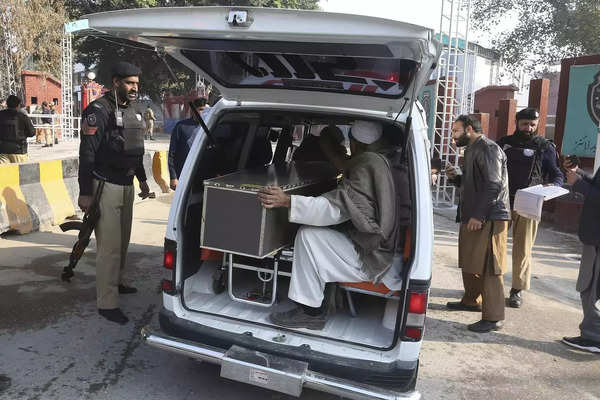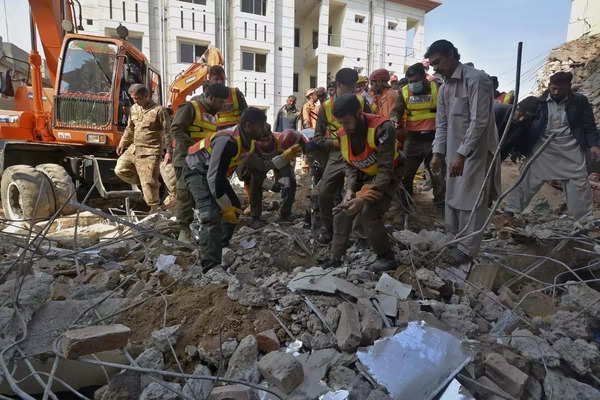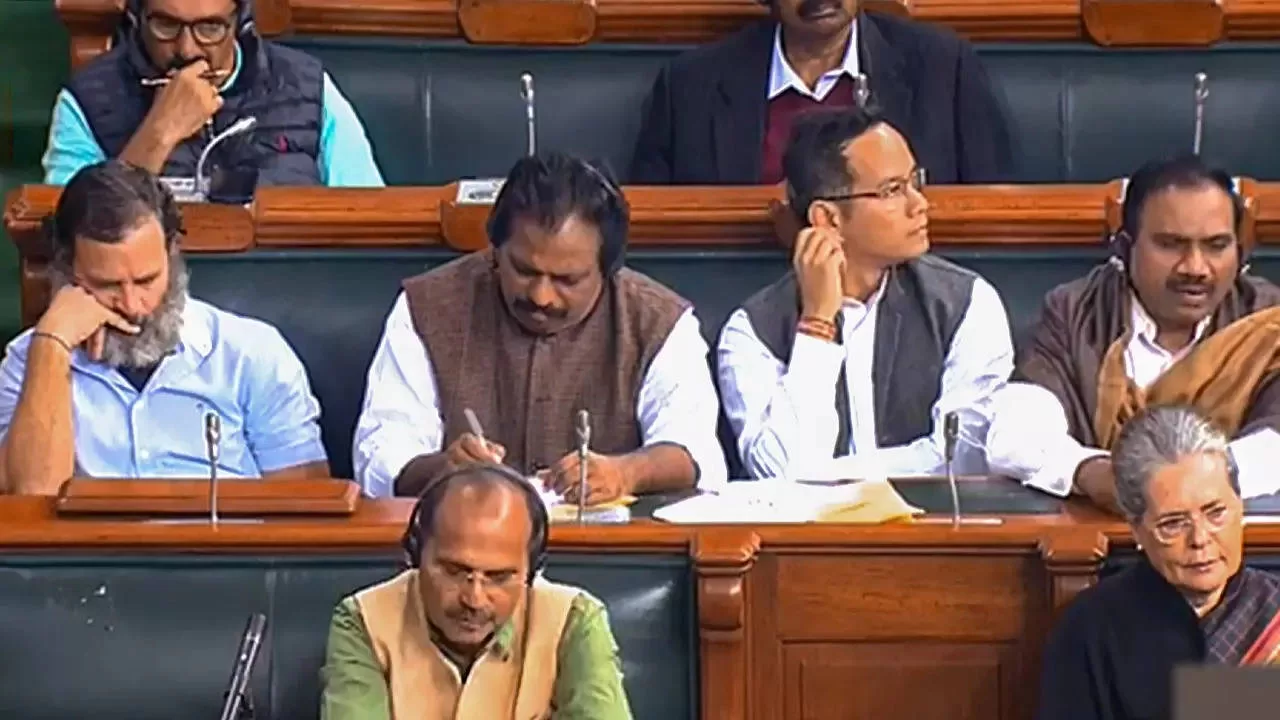Rescue officials on Tuesday also allegedly recovered the severed head of the suspected suicide bomber who they believe blew himself up inside the mosque packed with over 300 worshippers during the afternoon prayers in a high-security zone of Pakistan’s restive northwestern city.
The blast, which ripped through a Sunni mosque inside a major police facility, was one of the deadliest attacks on Pakistani security forces in recent years. It left as many as 225 wounded, some still in serious condition in hospital.

The explosion blew off part of the roof, and what was left soon caved in, injuring many more. Rescuers had to remove mounds of debris to reach worshippers still trapped under the rubble.
Most of the victims were policemen.
Security lapse
Counter-terrorism police are investigating how the bomber was able to reach the mosque, which is in a walled compound, inside a high security zone with other government buildings.
“Yes, it was a security lapse,” said Ghulam Ali, the provincial governor in the Khyber Pakhtunkhwa province, of which Peshawar is the capital.
Kashif Aftab Abbasi, a senior officer in Peshawar, echoed the thought: “There was a security lapse and the inspector-general of the police has set up an inquiry committee, which will look into all aspects of the bombing,” he said. “Action will be taken against those whose negligence” caused the attack.
Talat Masood, a retired army general and senior security analyst said Monday’s suicide bombing showed “negligence.”
“When we know that Tehreek-e-Taliban Pakistan (TTP) is active, and when we know that they have threatened to carry out attacks, there should have been more security at the police compound in Peshawar,” he told The Associated Press on Tuesday, referring to a militant group also known as the Pakistani Taliban or TTP.

Given the security concerns in Peshawar, the mosque was recently built to allow police to pray without leaving the area. Defence minister Khawaja Asif said the bomber was in the first row in the prayer hall when he struck.
Pakistan PM Shehbaz Sharif visited a hospital in Peshawar after the bombing and vowed “stern action” against those behind the attack. “The sheer scale of the human tragedy is unimaginable. This is no less than an attack on Pakistan,” he had tweeted.
Capital City Police Officer (Peshawar) Mohammad Aijaz Khan told local media that the attacker might already have been present in the Police Lines before the blast and that he may have used an official vehicle to enter the premises.
TTP denies responsibility
Authorities have not determined who was behind the bombing.
Shortly after the explosion, TTP commander Sarbakaf Mohmand claimed responsibility for the attack in a post on Twitter.
But hours later, TTP spokesperson Mohammad Khurasani distanced the group from the bombing, saying it was not its policy to target mosques, seminaries and religious places, adding that those taking part in such acts could face punitive action under TTP’s policy.

His statement did not address why a TTP commander had claimed responsibility for the bombing.
Surge in attacks
Pakistan, which is mostly Sunni Muslim, has seen a surge in militant attacks since November, when the Pakistani Taliban ended a cease-fire with government forces.
The Pakistani Taliban are the dominant militant group in Khyber Pakhtunkhwa province, and Peshawar has been the scene of frequent attacks.
But the Islamic State in Khorasan Province, a regional affiliation of the Islamic State group and a rival of the Taliban, has also been behind deadly attacks in Pakistan in recent years. Overall, violence has increased since the Afghan Taliban seized power in neighboring Afghanistan in August 2021, as US and NATO troops pulled out of the country after 20 years of war.
Pakistan is also contending with political and economic crises.
The bombing took place a day before an International Monetary Fund (IMF) mission arrived in Islamabad for talks on a stalled $7 billion bailout.





